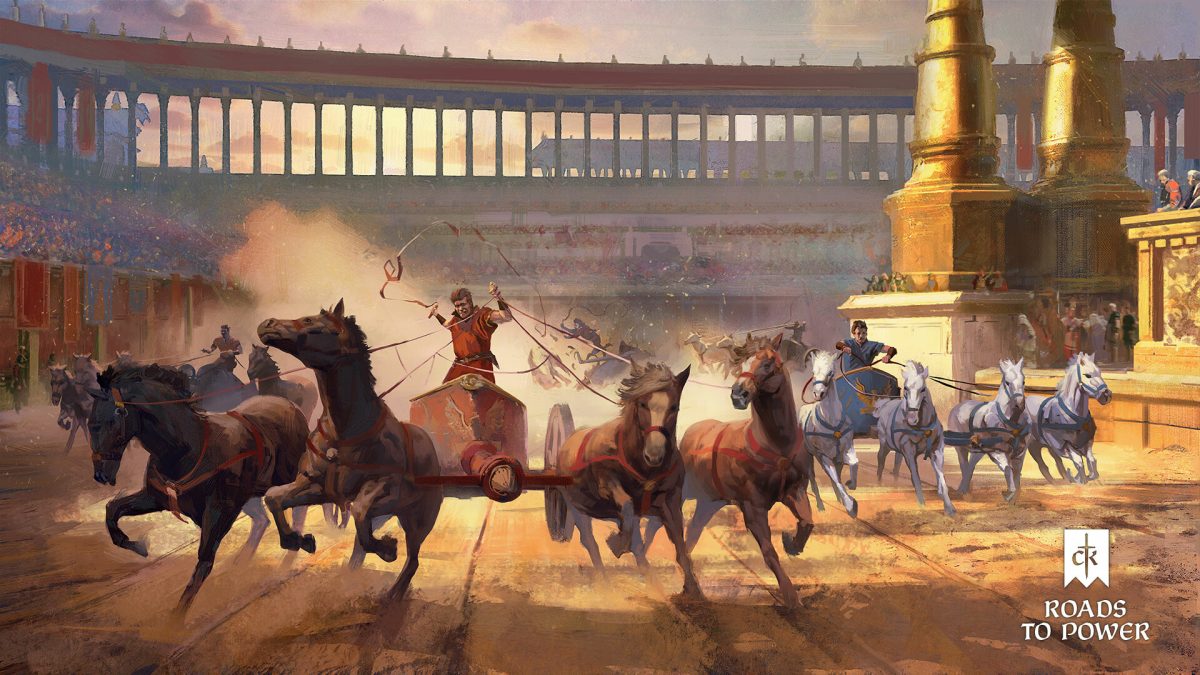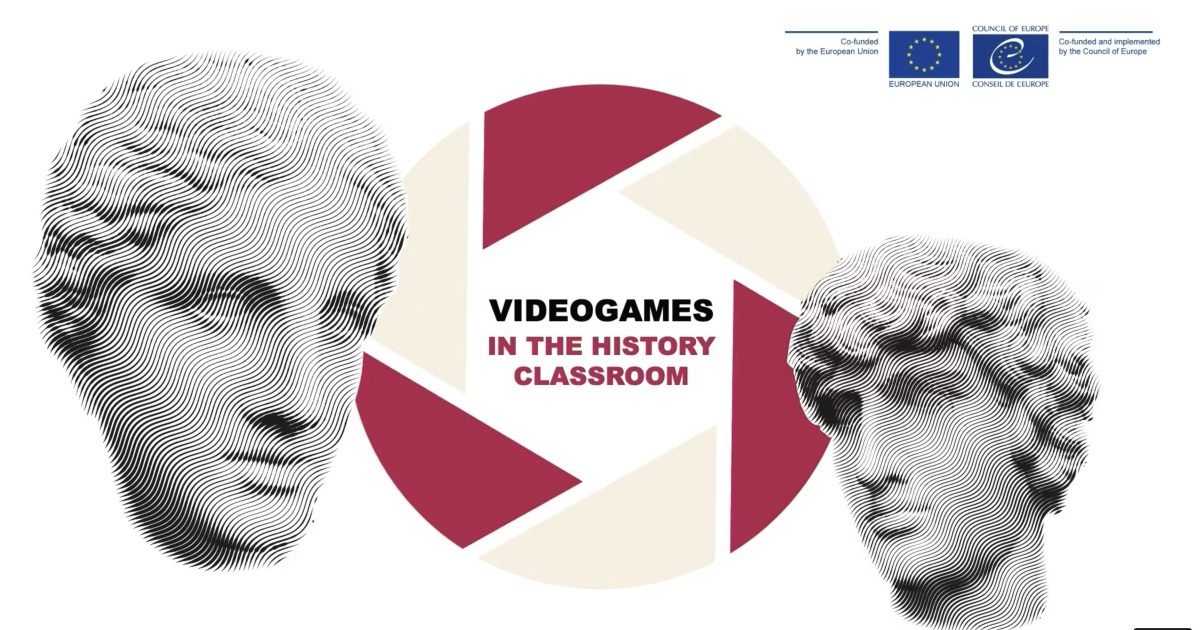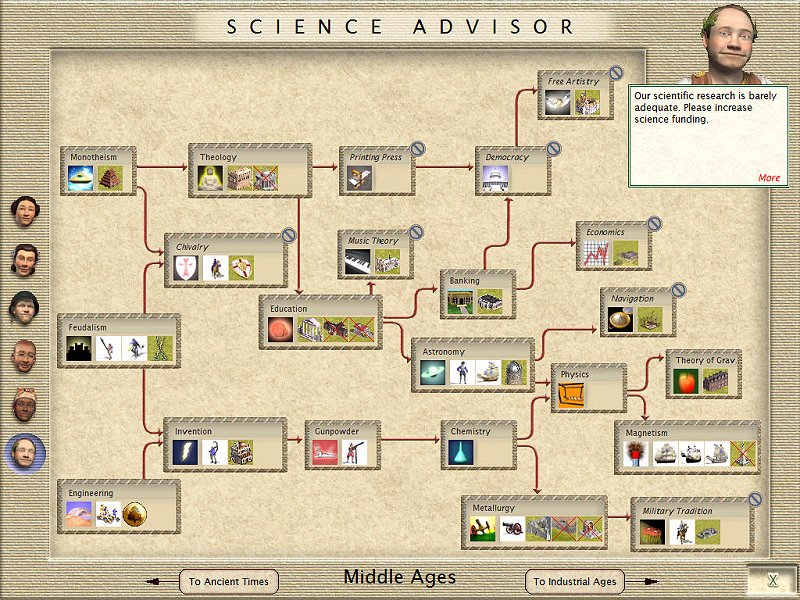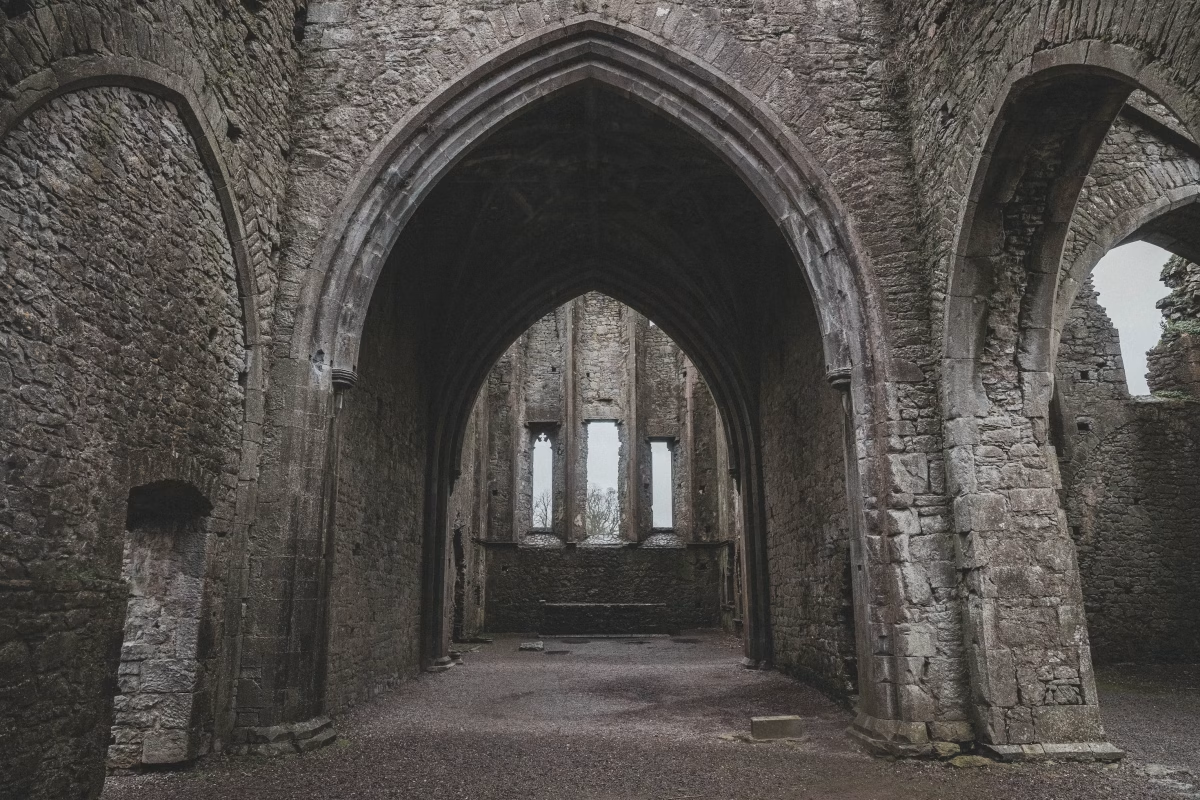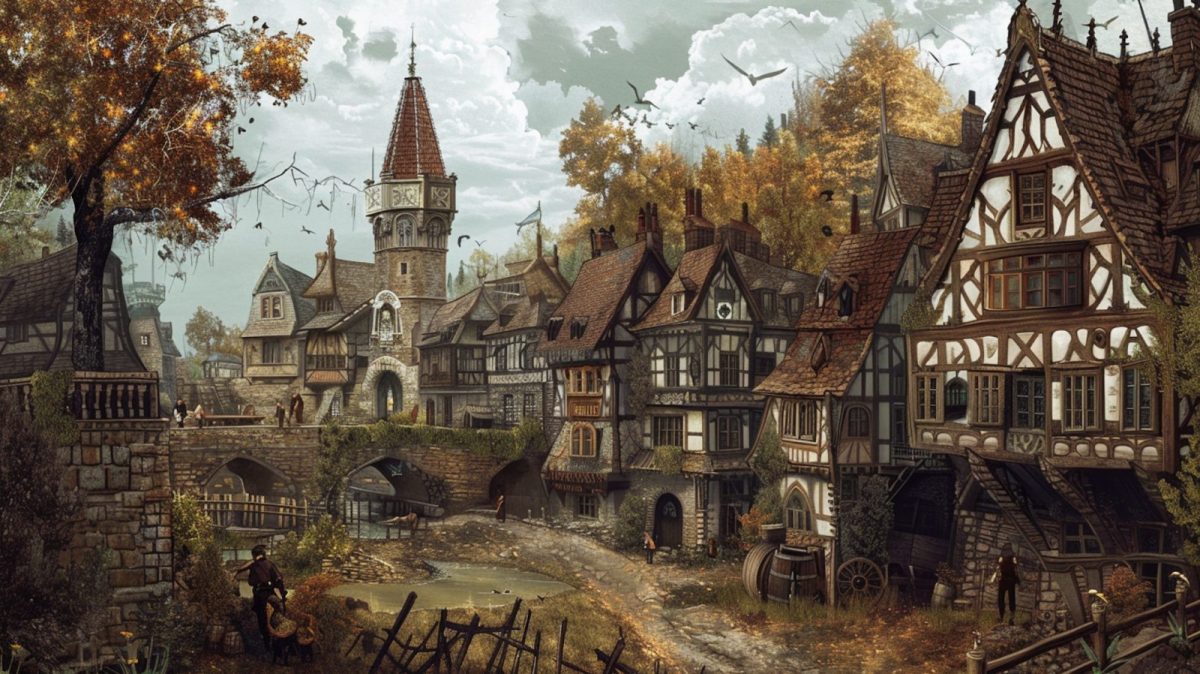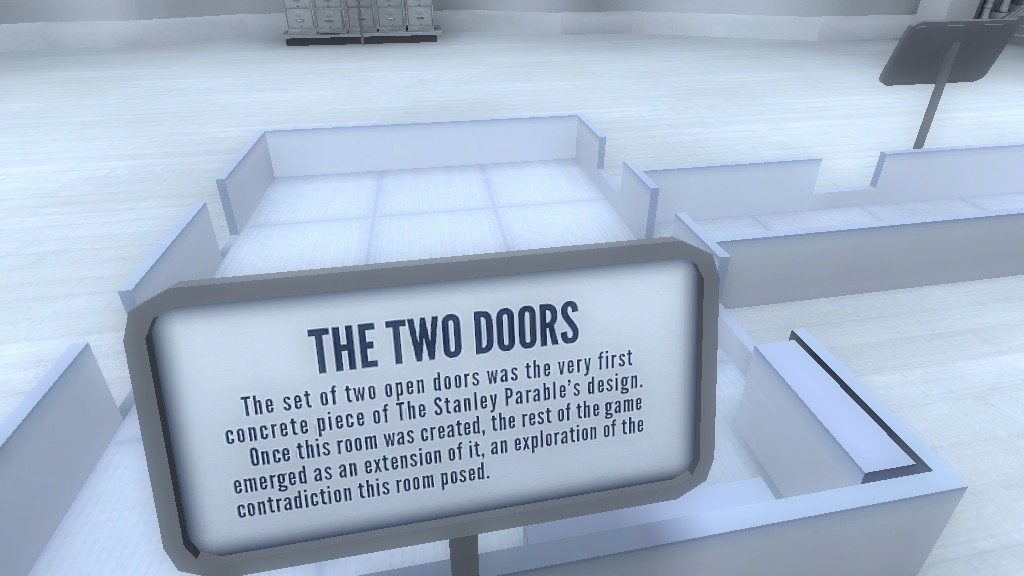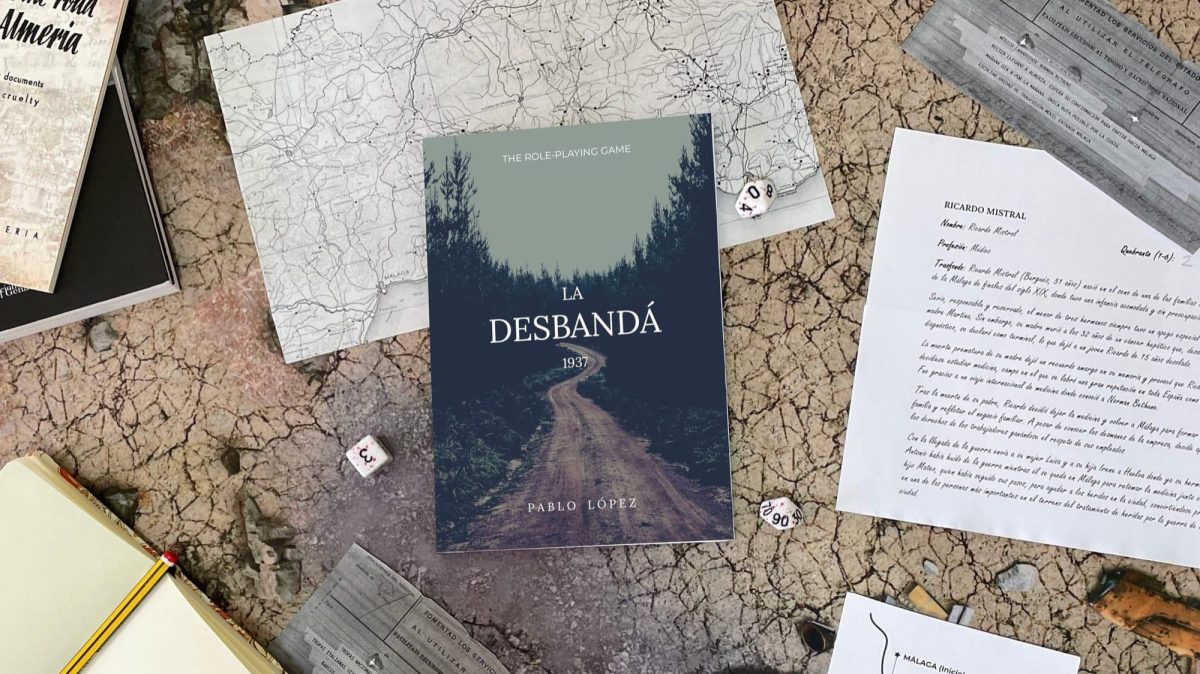The gaming medium can stimulate original perspectives on the past by incorporating underrepresented cultures or minorities into its game systems. However, when reflecting on the concept of accuracy,1 it has been emphasized that games “should also be inclusive without lying to the audience,” and Diana Cristina Răzman specified that the way the gaming industry addresses […]
